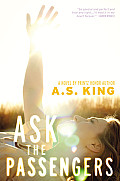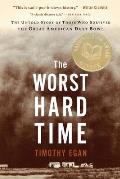I attended a Society of Childrens Book Writers and Illustrators one-day conference in Rocklin, California this weekend. Fabulous speakers gave terrific writing techniques and marketing tips which not only apply to those interested in writing for children, but writing for anyone.
Here are some gems:
Lin Oliver, who founded SCBWI with Steven Mooser in 1971, quoted well-known authors who have spoken at the L.A. conference since its inception.
She quoted Bruce Coville: “Follow your weirdness.”
Lin also recommends for every book you write you should read 500 of those types of books to get a feel for that genre. Which books inspire you most?
Andrea Tompa, editor at Candlewick Press discussed the process of revision in which she gave detailed questions we should ask ourselves as we go through our projects. As she quoted Roald Dahl, “Good writing is essentially rewriting.”
Andrea advised us to think about both the internal and external stakes for our characters. What are they? How are they resolved? Many times writers forget about internal growth which needs to happen to their main character.
Agent Minju Chang from Bookstop Literary Agency spoke about emotions in books. Make sure you build a bond with your main character and reader. She quoted Maya Angelou: ” . . . People will forget what you said, people will forget what you did, but people will never forget how you made them feel.”
Sterling Editor Brett Duquette talked about voice, the most elusive technique in writing craft of all, in my opinion. He defined it as the language used in harmony with the characters, narrative, style . . .
For a good example of picture book voice he suggested The Caveman A B.C. Story by Janee Trasler, where the voice begins within the title of the story. For older books he recommended the play Peter Pan by M.M Barrie and The Fault in our Stars by John Green, among others.
One of several exercises he gave us was this: Place your character in mortal danger. Write a complete scene. (Not necessarily to be used in your book – just to learn about your character) You will learn a lot about your character through this writing prompt.
And although the agents and editors said they were tired of paranormal books and would love to see contemporary fiction, they advised write what you must and disregard the trends. Just keep it fresh and unique!
Now . . . back to writing!



